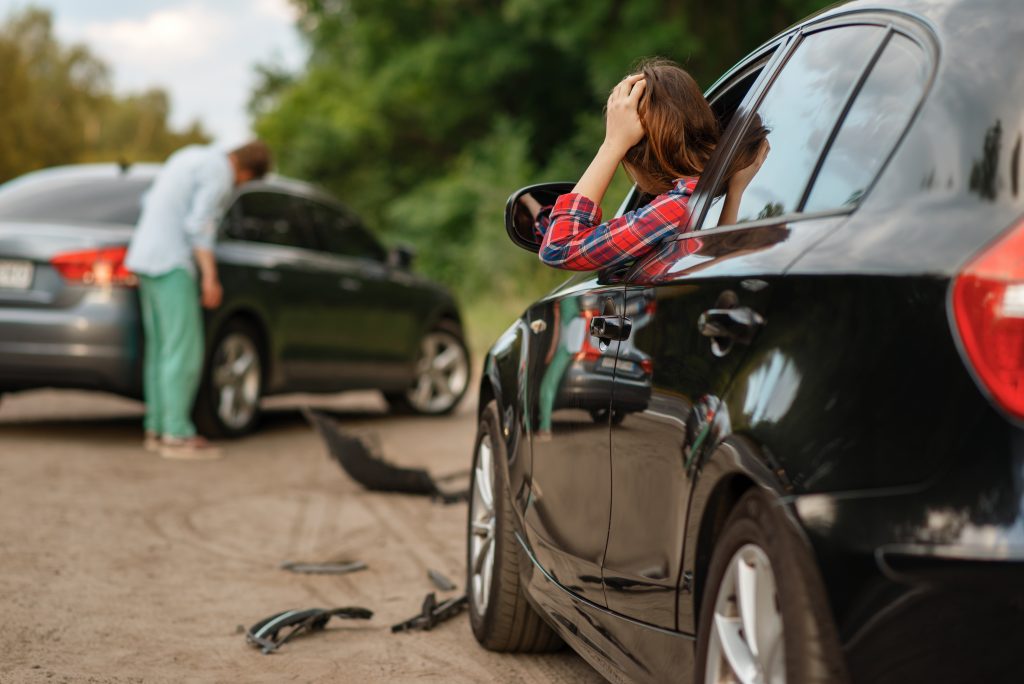Next to distracted and drunk driving, speeding is the main reason for causing traffic accidents. The National Highway Traffic Safety Administration estimated that more than 19,500 people lost their lives in motor vehicle accidents in the first half of 2023. We will look at some of the negative effects of speeding and how it can have deadly consequences for everyone on the road.

Why Do People Engage in Speeding?
There are a number of reasons why people engage in speeding. There are always people who are late and in a hurry to attend meetings and other appointments. Others just like the thrill of driving fast and are confident that their expert driving skills will save them from an accident. Another reason for speeding is that people become frustrated after waiting in long lines in traffic and react by driving recklessly. Then, there are those who react to peer pressure and do not want to practice safe driving. But they should be aware that speeding can have disastrous consequences, leading to severe injuries and even loss of life.
Dangerous Consequences of Speeding
The following are some of the negative aspects of speeding.
- Speeding Causes Car Accidents
If you are speeding on the road, you have an increased chance of causing a serious car accident. This is because your reaction time to what is happening is reduced. You can cause panic among other drivers as well. The speed of your vehicle will impact the severity of any accident you cause. You pose a danger not only to yourself but pedestrians and, indeed, anything else that comes in your path. It also makes the protective features of a vehicle, such as airbags and seatbelts, less effective.
- Speeding Can Lead to Severe Injuries
When you collide with a stationary or moving object at increased speeds, the velocity of the impact is amplified. Experienced car accident lawyers in Pittsburgh have handled cases in which speeding drivers and other passengers face an increased risk of getting severely injured. It could be safer for drivers who meet with an accident while driving at lower speeds.
- Speeding Can Lead to Legal Consequences
If your vehicle is pulled over because of exceeding the speed limit, you will be served a speeding ticket with a fine. This will also impact your driving record and insurance costs. Repeated speeding incidents can lead to higher penalties. Finally, the police will be forced to suspend or revoke your driver’s license. This can impact your daily life by leading to commuting difficulties.
- Speeding Poses a Danger to Other Drivers
Speeding poses a danger to other drivers on the road because they may panic and get into an accident. It creates dangerous conditions on the road. The other drivers have less time to react to you and your speeding vehicle.
- Speeding Increases the Possibility of Losing Control
When you engage in speeding, you can easily lose control of your vehicle. You will not be able to hit the brakes in time to avoid a collision. You will not be able to handle your vehicle properly or maneuver your car effectively to avoid other vehicles. Increased speeds can reduce the grip on tires, which leads to skidding, sliding, and loss of control.
- Speeding Poses a Risk to Pedestrians
If you are speeding, pedestrians will have a difficult time crossing the road when it comes to judging the timing and gaps in traffic compared to normal driving conditions. They will think twice before stepping off the curb when faced with a speeding vehicle. If you drive rashly in school or pedestrian zones, busy streets, and residential neighborhoods, you increase the possibility of accidents and put the lives of other citizens at risk.
Conclusion
Nothing good comes out of speeding on the road. We may want to save time by driving fast, but we should realize the negative consequences of speeding. Planning the trip ahead, leaving with time to spare, and staying focused and patient on the road will reduce the need for speeding and set an example for other drivers on the road to follow.
